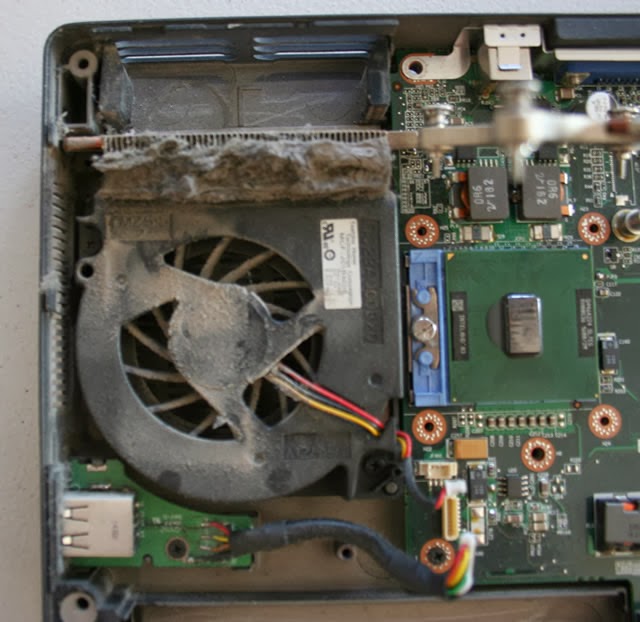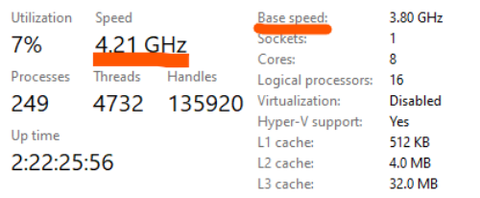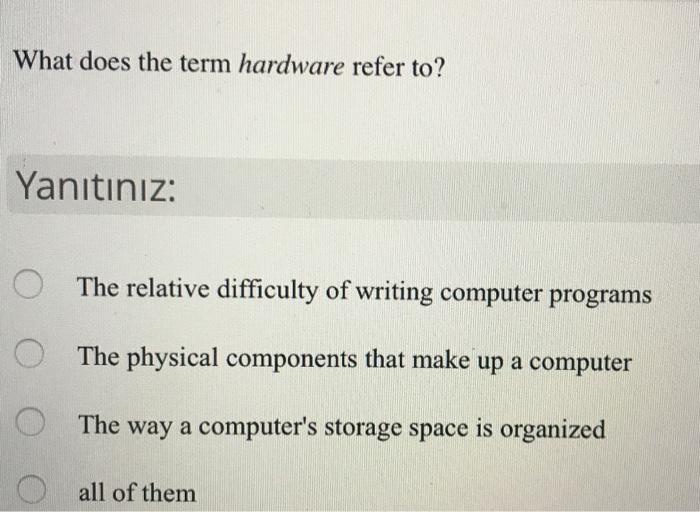Decoding the Hard Drive: An Essential Guide to the Heart of Your Laptop
Introduction
In an age where technology is advancing at an unprecedented rate, having a thorough understanding of your laptop's core components is beneficial. One such crucial component is the hard drive. This guide aims to decode the concept of the hard drive, offering a comprehensive insight into its structure, role, and management within a laptop.
What Exactly Is a Hard Drive in a Laptop?
The hard drive, often abbreviated as HDD (Hard Disk Drive), is a fundamental component inside your laptop. It is essentially a storage unit and serves a significant role:
- Data Storage: A hard drive's primary function is to store and retrieve digital data. All the digital elements you see or use on your laptop - be it applications, personal files, or the operating system - reside in the hard drive. It’s comparable to a vast library where every file, software or photograph is a book that holds a particular spot.
- Magnetic Material Involvement: Hard drives operate using rapidly spinning disks, known as platters, coated with magnetic material. This magnetic characteristic is responsible for recording and storing data.
- Storage Capacity: A key feature of a hard drive is its storage capacity. Whether it's a multimedia file or a word document, everything gets stored here. The storage capacity of a hard drive can vary from a few gigabytes (GB) to several terabytes (TB), depending on the model and configuration of the laptop.
In essence, a hard drive is your laptop's memory powerhouse, storing the data you create or download, ensuring it's readily available when you need it.
What Are the Different Types of Hard Drives?
When it comes to the types of hard drives, primarily three unique kinds emerge. Each has its unique features, making them preferable for different scenarios. Let's delve into these types:
1. Hard Disk Drives (HDD):
- Mechanically operated: HDDs consist of rotating disks, which use magnetism to store data.
- Speed: HDDs are generally slower due to the time it takes to reach a specific point on the disk.
- Durability: They can be prone to wear and tear owing to their mechanical nature.
- Cost: HDDs are usually more affordable compared to SSDs and offer larger capacity for the same price.
2. Solid State Drives (SSD):
- Mechanism: Unlike HDDs, SDDs store data on flash memory chips, making them faster and more reliable.
- Speed: SSDs allow quicker data access and faster boot times.
- Durability: SSDs offer better durability as they have no moving parts.
- Cost: SSDs are more expensive than HDDs.
3. Hybrid Drives (HHD):
- Combination: HHDs blend the capacity of HDDs with the speed of SSDs, offering a balanced mix of performance and storage.
- Functioning: They utilise the speed of SSDs for frequently accessed data and the capacity of HDDs for bulk storage.
- Cost: HHDs are moderately cost-efficient, making them a middle-ground option between HDDs and SSDs.
Understanding these types helps in making an informed choice for your laptop's storage needs. Pick the one that best suits your requirements for storage, speed, and budget.
How Does a Hard Drive Function within a Laptop?
A laptop's hard drive serves as its primary storage device, orchestrating various operations concerning data and information. Describing the functioning of hard drives can be done in a few essential steps, which involve a complex, yet impressive, interplay of software and hardware components:
- Data Writing: When you save a document, photo, or any form of data on your laptop, the operating system condenses this data into binary code. This is a form of 'writing' data onto the hard drive.
- Data Storing: The binary data is then stored in the hard drive. Depending on the type of hard drive (HDD or SSD), the way the data is stored differs, but the core function remains the same. HDDs use magnetically rotating disks, while SSDs store data in flash memory cells.
- Data Reading: Conversely, when you open a saved file or run an application, your laptop 'reads' the requested data from the hard drive. It is then processed by the CPU (Central Processing Unit) and presented on your laptop’s display.
- Data Retrieval Speed: The time taken to read or write data essentially determines the hard drive’s speed. Here, SSDs generally outperform HDDs due to the absence of moving parts, leading to faster data retrieval.
- Cyclic Operation: The 'read' and 'write' processes keep repeating as long as your laptop operates. Different actions on your laptop trigger these operations. For instance, playing a video involves a continuous read operation. Similarly, saving your high score in a game would implicate a write operation.
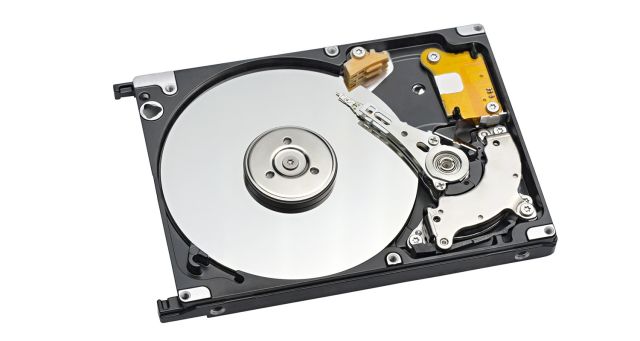
In summary, the hard drive’s functionality is the backbone of your laptop’s operation. Its speed and efficiency significantly determine your laptop’s overall performance. It is, therefore, indispensable to understand its functions and maintain it for your laptop’s optimal performance.
Why Is the Hard Drive Crucial for Laptop Performance?
Though often overlooked, the hard drive plays an indispensable role in determining the performance of your laptop. Here's why the hard drive is so crucial:
• Speed: The hard drive's 'read' and 'write' speed has a profound impact on the overall performance of your laptop. Hard drives with faster 'read' and 'write' speeds aid in loading programs swiftly and maintaining smooth multitasking, providing users with an efficient computing experience. Specifically, SSDs are known for their remarkable speed, surpassing HDDs which are generally slower due to their mechanical components.
• Storage Capacity: Your hard drive determines how much data your laptop can store. With storage capacities typically ranging from 500GB to 2TB in modern laptops, hard drives accommodate your operating system, applications, and personal files. An ample storage capacity aids in preventing your system from slowing down, benefitting overall performance.
• Longevity: The hard drive's lifespan significantly influences the lifespan of your laptop. While SSDs tend to have a higher endurance, thanks to their lack of moving parts, proper maintenance of HDDs can also ensure a decent lifespan.
All in all, the integral role of the hard drive in a laptop means it should be a key consideration when purchasing a new laptop or upgrading an existing one. Remember, the type and the capacity of the hard drive will not only influence the laptop's efficiency and storage capability, but also its lifespan, making it an indispensable element of your laptop's performance.
How Can You Extend the Life of Your Laptop's Hard Drive?
The lifespan and performance of your laptop's hard drive can be greatly enhanced by adhering to a certain set of simple practices. Implementing these measures ensures a well-functioning, fast, and extended lifespan for the hard drive.
1. Defragmentation: For HDDs, regular defragmentation is a must. It consolidates the scattered bits of data, increasing the speed of data retrieval and slowing hard drive wear.
2. Diagnostics Tests: By running regular diagnostic tests, you can identify and rectify any potential issues in the early stages.
3. Regular Backups: It's crucial to back up necessary files regularly. This protects information loss in case of any unforeseen hard drive failure.
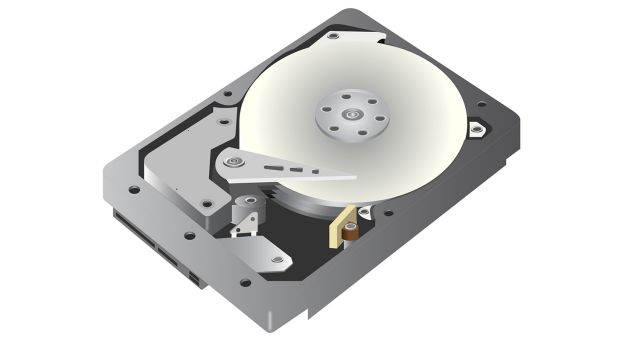
4. Keep it Clean: Unnecessary and outdated files can reduce performance. Cleaning them gives the hard drive more free space, improving overall efficiency.
5. Prevent Hard Shutdowns: Being careful to avoid hard or improper shutdowns helps prevent potential damage to the hard drive.
6. Physical Protection and Care: Avoid physical shocks, maintain appropriate temperature and humidity levels, and ensure protection from static electricity to extend the lifespan of your hard drive.
By taking these precautionary measures, you can help extend the lifespan and efficacy of your laptop's hard drive. Remember, your laptop's longevity and performance are directly correlated to the care and attention you extend towards its hard drive - the heart of your computer.
Conclusion
Understanding the hard drive in your laptop and its functioning is vitally important in maintaining its performance and longevity. Regular hard drive maintenance can prevent data loss, improve speed, and ultimately extend the life of your laptop.
Related FAQs about what is the hard drive in a laptop
What is the difference between HDD and SSD?
The main difference between Hard Disk Drives (HDD) and Solid State Drives (SSD) lies in the data storage mechanism. HDDs use mechanically rotating disks, making them slower in data retrieval, but they offer larger storage capacity at a lower cost. On the other hand, SSDs use flash memory chips for storage, leading to faster data access, higher durability, but they come with a higher price tag.
How does a hard drive impact the speed of a laptop?
The speed of your laptop is greatly influenced by your hard drive’s read and write speed. A drive that can read and write data quickly will help programs load and run more swiftly. This is where SSDs usually outperform HDDs, ultimately leading to enhanced laptop performance.
What are some tips for maintaining a laptop's hard drive?
Maintaining a laptop's hard drive involves several practices like regular data defragmentation (in case of HDDs), conducting diagnostics tests, regular data backups, deleting unnecessary files, preventing improper shutdowns, and assuring physical protection, maintaining appropriate temperature and humidity levels.


